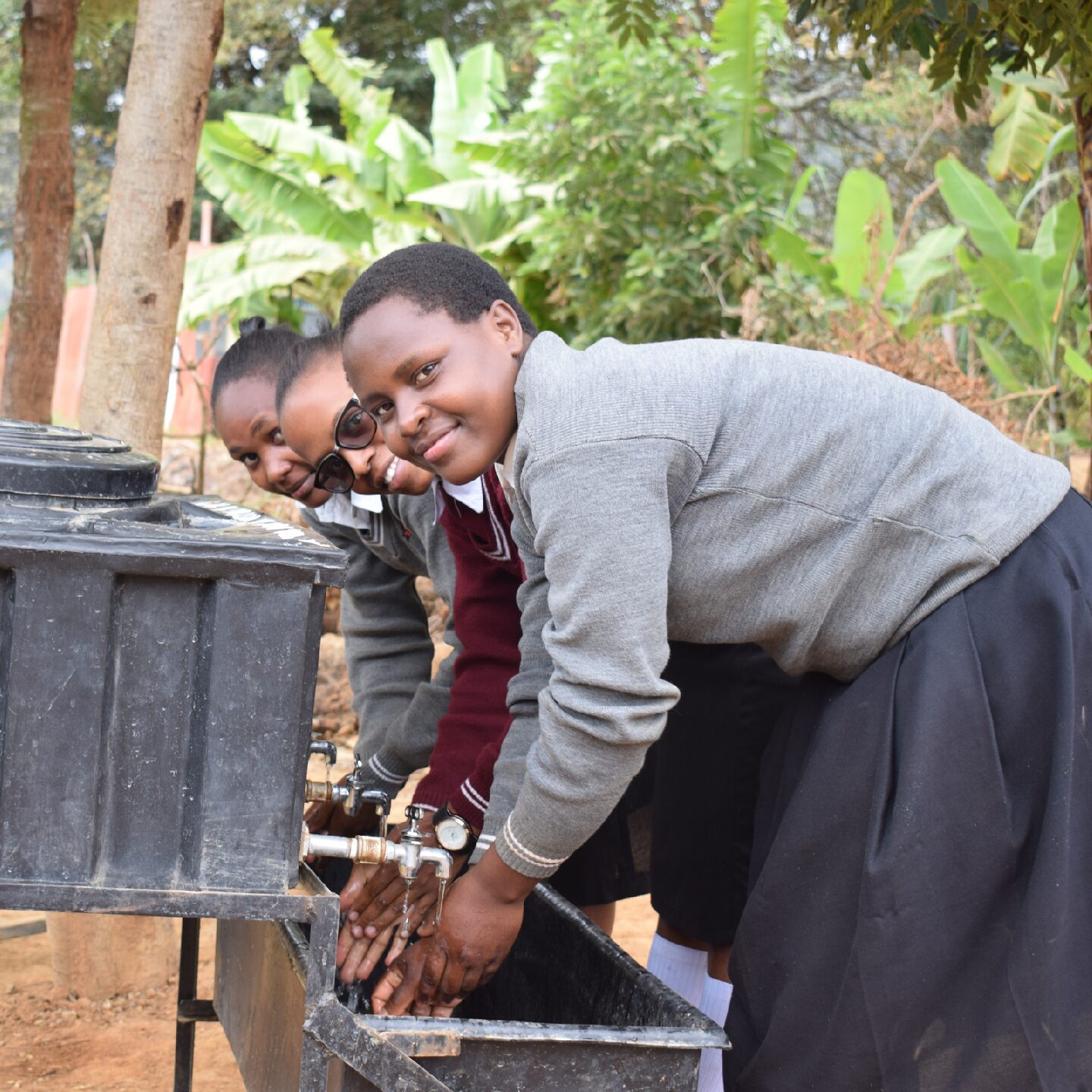ADVOCACY: JUST A DROP Climate engagement in the WASH sector
Much greater government investment in Water, Sanitation and Hygiene (WASH) organisations is required if we are to protect the world’s communities from the effects of climate change – and the G7 summit in Hiroshima is the place to start
As the G7 prepares to meet in Hiroshima, the global pandemic, war in Ukraine, and the energy and cost of living crises continue to focus global leaders’ minds and actions. However, noticeably, one item needs much greater prominence, and it is the greatest threat to our world: climate change.
We’ve already seen over recent years that the world has been ravaged by widespread fires, floods, droughts, and coral reef and rainforest destruction, and if we are to carry on with “business as usual”, things will only get worse. We will miss the 1.5°C target and are likely to hit 2°C within the next 10 years. We’re also at risk of hitting 3°C due to “tipping points”, such as an ice-free Arctic in the summer and melting mountain glaciers.
The way we are going, we’ll see global temperatures rise 3°C in the next generation – hotter than any time that humanity has known. If we hit 4°C, it will lead to the worst mass extinction in 10 million years. Unless the international community steps up and demonstrates collective leadership and responsibility, we will sleepwalk towards our own destruction.
Governments, businesses and the third sector must collaborate much more effectively to create a greater and wider impact, with civil society and communities at its centre. This is what I call the Transformational Triangle and it’s about demonstrating collective partnership, leadership and collaboration across organisations, harnessing the strengths of all three disciplines to increase and improve the positive outcomes, impact and influence we can individually, but also collectively, have on the world.
The Transformational Triangle is made up of three parts:
Governments need to create viable frameworks for businesses and the third sector to operate effectively and efficiently (for example, legislating and incentivising reductions in fossil fuel consumption and investment into renewable energies and water and sanitation programmes).
Businesses driving change using their valuable commercial expertise, resources and investment capability, while recognising that in the sustainability model there are three pillars to be valued: social, environmental and economic.
The third sector must underpin delivery on the ground, because to be effective on the ground you need specialised organisations creating the right engagement, and with the expertise to deliver sustainable, long-term and impactful outcomes, ensuring support for the most vulnerable in society.
This type of cooperation, with a shared vision and collaborative mindset, is limitless in its potential. Increasingly in the 21st century, international humanitarian and development organisations are moving towards public-private partnerships in order to achieve social change.
International water charity Just a Drop puts this mantra into practice. In parallel with the most severe drought on record, currently devastating the Horn of Africa, Just a Drop is continually building partnerships to help rural communities deal with lack of access to water as a direct result of climate change.
At Just a Drop we have seen first hand the effects that successive failed rainy seasons have had on our programmes in East Africa. We have witnessed the impact that higher temperatures have had on communities without access to water, and we experience the hardships of communities whose boreholes and wells have dried up due to extreme temperatures.
Innovative solutions
This is why Just a Drop installs innovative and effective water and sanitation solutions in partnership with communities. These solutions are built to last and many mitigate the effects of climate change. Women and girls in particular often make dangerous and long journeys to collect water, which is often dirty and sourced from a river, which massively holds back their development. By establishing the best solution for a community, projects are immediately more sustainable, long-lasting and high impact. For example, our sand dams are funded by corporate sustainable initiatives such as towel reuse programmes – reducing water consumption in the UK and other parts of the world. The sand dam is then built in line with national government plans and as a result the programme aligns with priority areas within the national and county government agendas. The current Kenyan government has an ambitious plan to plant 15 billion trees by engaging with stakeholders, so our work supports this, and government bodies help with authorisations and permits. These are examples of cooperation among all three disciplines within the Transformational Triangle.
Access to safe water and sanitation is not only a human right; it is also transformational, supporting 12 of the 17 United Nations Sustainable Development Goals including poverty reduction, improved health and well-being, reduced hunger, access to better education, gender equality, improved livelihoods, economic growth, reduced inequalities, climate mitigation and of course partnership for the goals.
The World Health Organization estimates that an investment of $1 in water and sanitation programmes yields $4.30–$5.50 of benefit due to reduced healthcare costs, disease prevention and increased productivity. Research has shown that a national handwashing behavioural health change programme would reap a 35-fold return on investment in China and 92-fold benefit in India.
The time is now to recognise that much greater government investment in WASH organisations is required if we are to mitigate the impacts of climate change on the world’s communities and enhance social and environmental development. We all have a role to play, but to generate the greatest return on investments, collaboration, accountable leadership and investment into the grassroots impacts of climate change are essential. Investing in the provision of WASH infrastructure at all levels of the Transformational Triangle is key to achieving this.












